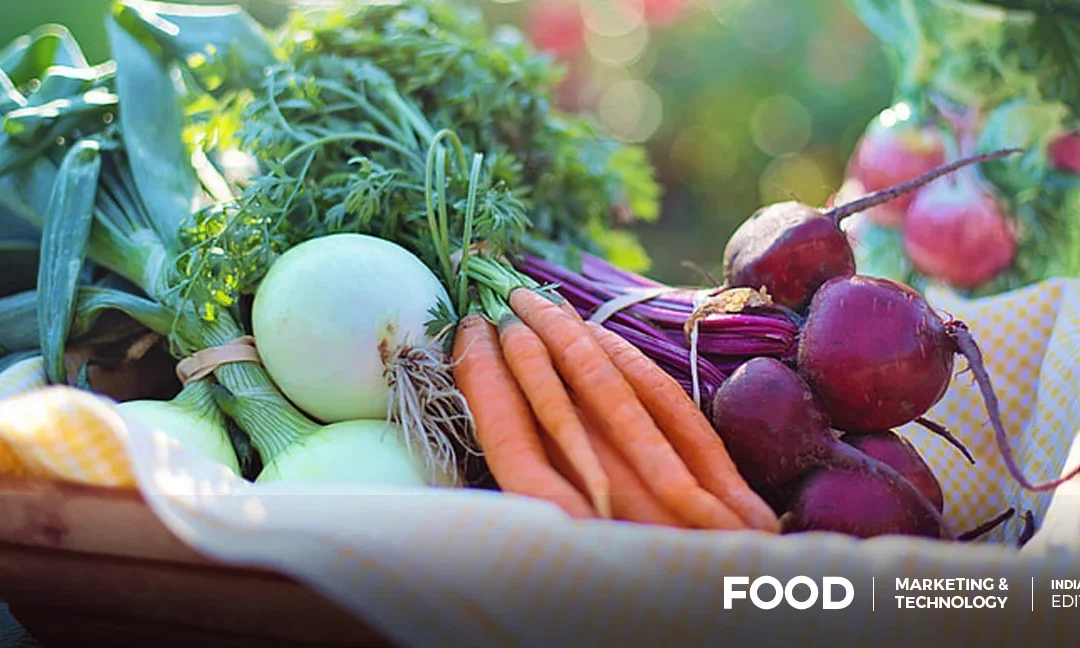Today’s consumer is absolutely health conscious, and organic vegetables are most demanded by consumers. However, the importance of organic does not only lie in its effect on an individual’s health. Consuming and supporting local organic vegetable farmers is beneficial not only for our health and taste buds but also for our economy as a whole.
Why Organic Vegetables Matter
Organic vegetables are planted without using manufactured chemicals such as pesticides, herbicides, and GMO products. This protects us from dangerous chemicals and results in arguably better food products. Research shows that organic vegetables may contain higher quantities of antioxidants and some nutrients compared to inorganic vegetables.
The increase in the number of adulteration cases and the increasing role of organic vegetables indicate changing customer preferences. This means that it is always easier to convince people to pay more for what they consider safer and more nutritious foods. This makes the opportunity of organic vegetable farms more attractive since they can make higher profits than conventional farms.
Economic Benefits for Organic Farms
While organic farming may take longer to transform the farmland, and the initial production may not be very promising, organic farming, once established, offers great rewards. Here’s how:
- Reduced reliance on external inputs: In organic farming, methods such as compost and crop rotation are used instead of chemical-based treatments to add fertility to the soil. This helps avoid reliance on costly synthetic fertilisers and pesticides and consequently brings down the cost of production in the long run.
- Higher profit margins: Organic vegetables, especially locally grown organic vegetables, are usually expensive in organic stores, natural food stores, and some other online stores for organic vegetables. This, in turn, allows organic farms to get a better price per unit of produce than conventional farms.
- Building brand loyalty: Consumers willing to pay a price premium to buy organic food also tend to be loyal to brands that adopt sustainability-related initiatives. Organic farms can then build on this loyalty to gain repeat customers, achieving a constant cycle of purchasing and turnover.
Boosting Local Economies
Supporting organic vegetable farms isn’t just about individual farms; it strengthens local economies in several ways:
- Job creation: Organic farming can also be small-scale and labour-intensive compared to conventional agriculture. This leads to population employment, essentially the inhabitants of rural areas experiencing enhanced employment opportunities.
- Supporting small businesses: Most farms producing organic vegetables are small-scale farms that are often family-owned and managed. For example, when you opt for organic food, you support independent businesses that should not be underestimated for a healthy local economy.
- Reduced reliance on imports: Local production of organic vegetables helps reduce the importation of vegetables that may be contaminated with chemicals. This ensures that money circulates within the locale and increases the sustainability of the local food hub.
Environmental Advantages of Organic Farming
The benefits associated with organic vegetable farms, especially the economic ones, are aligned with the environmental benefits. Organic practices:
- Improve soil health: By applying compost and cover crops, organic farming enhances the soil quality by retaining more water and fertility than conventional farming. This has several implications for agriculture’s progressive, sustainable practice in the long run.
- Reduce pollution: The most important benefit of organic farming is that it does not allow synthetic chemical inputs on plants or soil, hence minimising the pollutive effects of farm chemicals. This helps conserve water resources and the animals and other wildlife in the environment.
- Combat climate change: Techniques such as composting, where one puts organic matter on the land, assist in retaining carbon on the soil and, therefore, minimise the outcomes of climate change.
Making the Switch: How Consumers Can Support Organic
There are several ways consumers can contribute to the economic success of organic vegetable farms:
- Shop at farmers’ markets: Farmers’ markets create an initial direct link with organic farming in the region. Local fresh foods available at the market when stocked during their respective season are usually more friendly to your pocket since you are buying locally.
- Join a Community-Supported Agriculture (CSA) program: CSAs work by providing consumers with a list of farms in their area and delivering in-season produce to their doorstep monthly or weekly.
- Choose organic options at grocery stores: The organic label can be found in food stores and online shops that specialise in selling organic products. Although it is often true that organic vegetables cost a little more, it is rational to go for them because, in the long run, one can save money and lead a healthier life.
Investing in a Sustainable Future
Organic vegetable farming is a way of providing for our health, our people, and the Earth. That is why it is crucial to opt for organic. No contest is necessary to choose between the present moment and a sustainable and economically prosperous future for ourselves and future generations. Increased demand for organic vegetables will benefit organic farms, leading to a better food system.
India Organic Products Market
The Indian organic products market is also accelerating due to increasing health consciousness and disposable income. This has great potential for organic vegetable farms in India since they could serve local consumers and export organic products.
Conclusion
These economic benefits denote that supporting organic vegetable farms goes beyond the farm gate. If we are willing to spend time and select where we buy our food more wisely, then we can help improve the health of the food supply chain and support our communities and the planet for future generations. Therefore, the next time you are doing your grocery shopping in the supermarket or farmers’ market, consider purchasing organic vegetables. It is a shift in gear that pays off in a big way.



